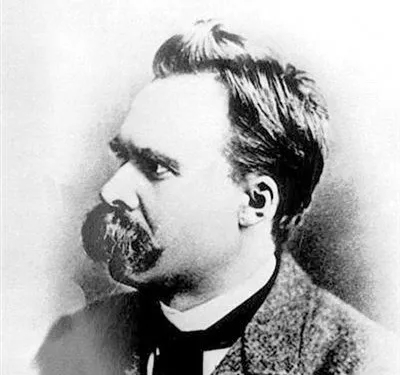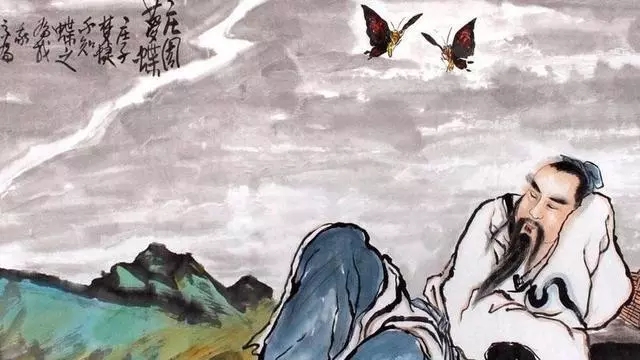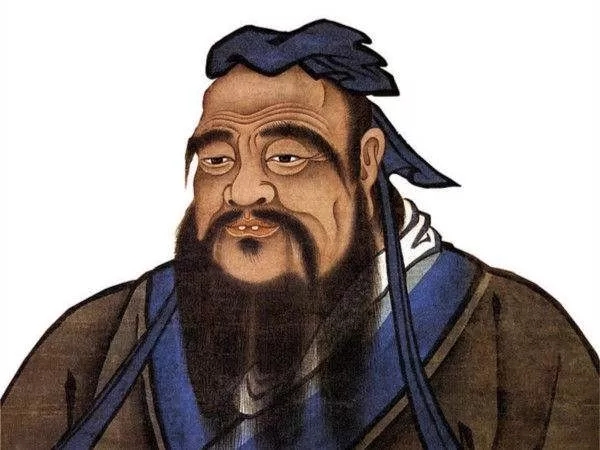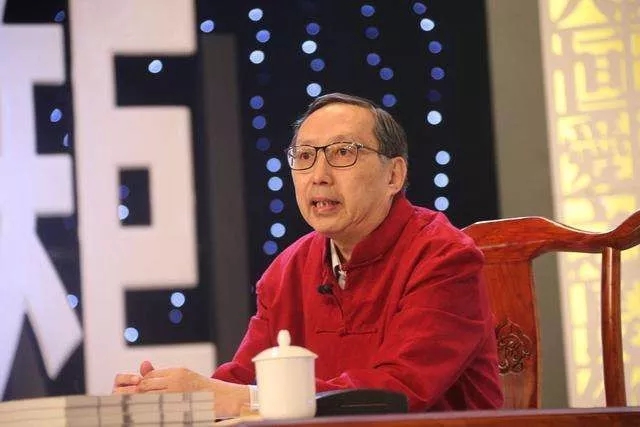Cross-Straits Guoxue lectures to open in Beijing
Pingtan Net | Updated:2019-11-06Cross-Straits Center of Guoxue, based in southeast China’s Pingtan Island, is scheduled to move its 15th and 16th Guoxue lectures to the National Museum of Classic Books of Beijing on Nov. 9. Chen Guying, a scholar specializing in Taoist culture, and Chen Lai, director of the Academy of Chinese Learning, Tsinghua University are expected to take turns to give lectures and provide you with a feast of Chinese and Western ancient wisdom.
The 15th Guoxue lecture centers on Friedrich Nietzsche’s philosophy of life and Chuang Tzu’s wisdom of life

Friedrich Wilhelm Nietzsche [File photo]
Speaking of Nietzsche, the first response from most people is presumably his contentious philosophy---- “the superman philosophy”, which, in effect, refers to a self-transcendence spirit rather than a physical person. In essence, the German philosopher is in favor of human’s innate will , critical about tradition and thoughtful about the value of life, which makes his philosophy widely popular even up till today in the 21st century.

Chuang Tzu Dreaming a Butterfly [File photo]
Chuang Tzu was a philosopher in ancient China, who dreamed in his sleep one night that he became a butterfly. In the dream, he was flying around from flower to flower and while he was dreaming he felt totally free, blown about by the breeze hither and thither. He was quite sure that he was a butterfly then. But when he awoke he realised that he had just been dreaming, and that he was really Chuang Tzu dreaming he was a butterfly. Then Chuang Tzu asked himself the following question that lingers till today: "Was I Chuang Tzu dreaming I was a butterfly or am I now really a butterfly dreaming that I am Chuang Tzu?"
Since then, there have been numerous speculations to the mysterious puzzle of life and realism raised by Chuang Tzu. But, maybe the answer to that butterfly dream question lies only with the man himself. Chuang Tzu believed that everything in the universe should comply with its “Tao”. He also proposed man take hold of the universe by breaking free from individualism. Perhaps, that is the true essence of the butterfly story, an allegory towards the “Truth.” Chuang’s defiance of the conventional system of knowledge transcended time and space, and echoed with Nietzsche of the 19th century.
Chen Guying will shed light on the two great philosophers’ collision of thoughts, and their enlightening legacy. Stay tuned!

Chen Guying [File photo]
Chen Guying, an internationally-renowned Taoist cultural scholar, have (has) served successively as associate professor of the Department of Philosophy of Taiwan University, a research fellow of University of California, Berkeley, visiting professor of the Department of Philosophy of Peking University, and professor of the Department of Philosophy of Taiwan University.
Time: 09:30am-11:30am, Nov.9 (Saturday)
Venue: Fifth floor of the National Museum of Classic Books
The 16th Guoxue lecture themed “The educational philosophy of Confucius”

Confucius[File photo]
Confucius has been labeled, among others, mainly as “the saint” and the founder of Confucianism. On top of all his titles, however, Confucius was absolutely a successful educator. His educational ideas include: “Making no social distinctions in teaching”, “Teaching students in accordance of their aptitude”, “Paying equal attention to learning and reflecting on what one has learned”, and “Being tireless in teaching”, etc..
Confucius had many disciples. Among them, 72 are called “sages” for their high proficiency in “Six Skills” — Ritual, Music, Archery, Riding, Calligraphy and Computation. Confucius was the first educator in ancient China who carried out his educational ideas and practiced them throughout his life. Confucius regards morality as the most important quality of human being. His goal is to cultivate gentlemen (men of noble character) who demonstrate integrity in all things.
Chen Lai, director of the Academy of Chinese Learning, Tsinghua University, will specify the origin and essence of Confucian philosophy, and the educational ideas from Confucianist perspective.

Chen Lai [File photo]
Professor Chen Lai, a student of Professors Zhang Dainian and Feng Youlan, is a senior researcher on Chinese philosophy history. His main research areas cover Confucian philosophy, New Confucianism in Song and Ming Dynasties and modern Confucianism. His research works represent the top level in this academic field at present.
Time: 3.00pm -5.00pm, Nov.9 (Saturday)
Venue: Fifth floor of the National Museum of Classic Books

 Fujian Public Security Registration Code: 35012802000271
Fujian Public Security Registration Code: 35012802000271